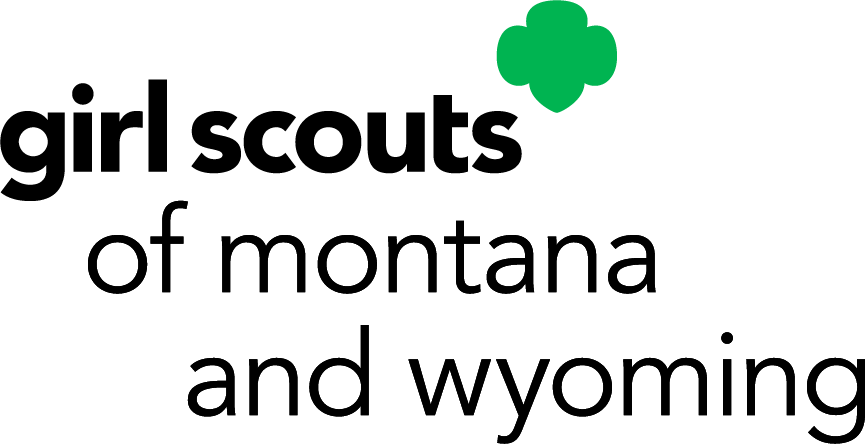
Know How Much You are Appreciated
What begins with Girl Scouts speaking up at a troop meeting can go all the way to speaking in front of their city council for a cause they champion—and they will have your support to thank for that. Your volunteer role makes a powerful difference. Girl Scouts wouldn’t exist without volunteers like you. Your first step as a troop leader may lead to other volunteer opportunities once this year is over.
When you’re ready for more opportunities, be sure to let your council support team know how you’d like to be a part of Girl Scouts’ lives in the future—whether in the same position or in other, flexible ways. Are you ready to organize a series or event? Take a trip? Work with Girl Scouts at camp? Work with a troop as a yearlong volunteer? Share your skills at a council office, working behind the scenes? The possibilities are endless and can be tailored to fit your skills and interests.
Volunteer Appreciation
Without our passionate and dedicated volunteers, there would be no Girl Scouting. That’s why we celebrate National Volunteer Month every April and turn up the party as we ring in National Girl Scout Leader’s Day on April 22.
Girl Scouts also celebrates National Volunteer Week, which falls during the third week of April. What can we say, we love our volunteers!
Additional Resources and Support
We know that volunteering isn’t always easy, especially when you’re new, so we can’t thank you enough for giving your time and energy to be the mentor and role model your troop needs! Guiding your Girl Scouts—even if you’re still figuring things out—is nothing short of amazing!
The important thing to remember is, you’re not alone. We are in this with you, ready to help and support you at all times! Thanks again! It’s going to be a great Girl Scout year!
Questions? Complete a Contact Us form or you can call 406-252-0488 to talk to our Customer Care team.
© Copyright 2009–2024 Girl Scouts of the United States of America. All rights reserved. All information and material contained in Girl Scouts’ Volunteer Essentials guide (“Material”) is provided by Girl Scouts of the United States of America (GSUSA) and is intended to be educational material solely to be used by Girl Scout volunteers and council staff. Reproduction, distribution, compiling, or creating derivative works of any portion of the Material or any use other than noncommercial uses as permitted by copyright law is prohibited, unless explicit, prior authorization by GSUSA in writing was granted. GSUSA reserves its exclusive right in its sole discretion to alter, limit, or discontinue the Material at any time without notice.
